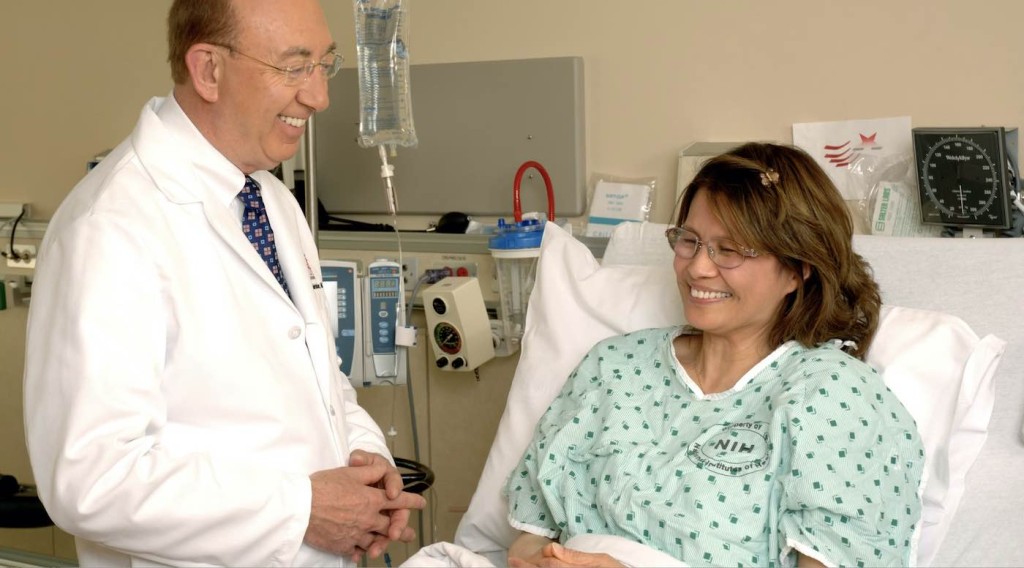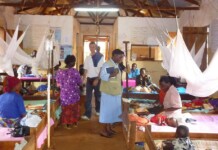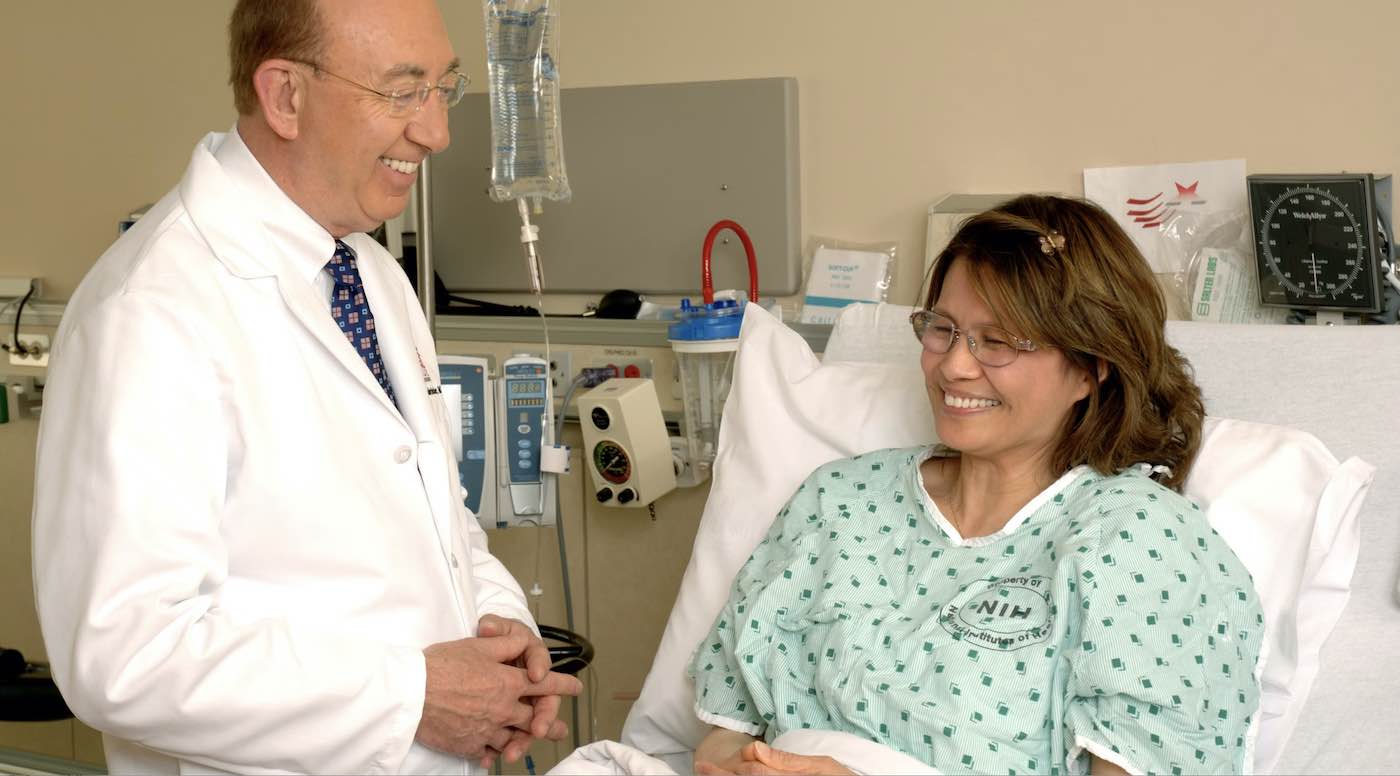
A personalized skin cancer vaccine has almost halved the risk of death or relapse in patients with the deadliest form of melanoma.
The trial involved men and women who had surgery to remove melanoma from lymph nodes or other organs and were at high risk of the disease returning.
About 1.3 million Americans are currently diagnosed with melanomas, and scientists predict skin cancer will become the second most common type in the US by 2040.
In February the US Food and Drug Administration granted “Breakthrough Therapy” designation to help speed along a pairing of the mRNA-4157/V940 vaccine in combination with the immunotherapy drug pembrolizumab.
It triggers immune system T cells to attack tumors. To spare normal cells, the system uses ‘checkpoint’ molecules on T cell surfaces to turn off their attack against viruses when they clear an infection.
“Our phase 2b study shows that a neoantigen mRNA vaccine, when used in combination with pembrolizumab, resulted in prolonged time without recurrence or death compared with pembrolizumab alone,” said senior investigator, professor Jeffrey Weber, of New York University.
Among 107 participants treated with both the vaccine and immunotherapy pembrolizumab, the cancer returned in only 24 patients (22.4%) within two years, compared with 20 out of 50 (40%) who received only pembrolizumab.
The reason that pembrolizumab was needed was that the body may recognize tumors as abnormal, but cancer cells, and especially melanoma cancers, hijack checkpoints to turn off, evade and avoid immune responses.
SIMILAR STORIES: Protein Key to Osteosarcoma May Unlock Treatments for Deadly Bone Cancers That Affect Kids
Immunotherapies like pembrolizumab seek to block checkpoints, making cancer cells more ‘visible’ and vulnerable again to immune cells.
Larger studies will be needed to confirm the findings, which were presented at a meeting of the American Association for Cancer Research in Orlando. Phase 3 trials of the combination are already being planned in New York and globally.
MORE HEALTH NEWS: Sisters With Rare Disorder Make Dramatic Leaps With New Therapy After Doctors Said They’d Never Walk or Talk
Like the experimental Covid-19 vaccines, mRNA-4157/V940 is based on messenger RNA, a chemical cousin of DNA that provides instructions to cells for making proteins.
It’s designed to teach the body’s immune system to recognize cancer cells as different from normal cells. In designing a vaccine against melanoma, researchers attempted to trigger an immune response to specific abnormal proteins, called ‘neoantigens’, made by cancer cells.
The study volunteers all had their tumors removed. Researchers were able to analyze their cells for neoantigens that were specific to each melanoma and create a ‘personalized’ vaccine for each patient.
MORE VACCINE DEVELOPMENTS: After 8 Years of Research World-Changing Malaria Vaccine Approved in Africa
The vaccine took about six to eight weeks to develop for each patient and could recognize as many as 34 separate neoantigens.
Severe side effects were similar between the two arms of the study, they said, with fatigue being the most common side effect specific to the vaccine reported by patients.
SHARE The News Of This Potential Life-Saving Drug On Social Media…




















